World Water Day: The Role of Education in Promoting Freshwater Sustainability
Do you teach about the global water crisis? Learn about World Water Day and how to engage students in your classroom about water shortages and climate change.

Do you teach about World Water Day in your classroom?
March 20, 2024
Do you teach about the global water crisis? Learn about World Water Day and how to engage students in your classroom about water shortages and climate change.
Share
World Water Day, marked every March 22 by the United Nations, emphasizes the essential role of freshwater as a precious resource and the need for its sustainable management. World Water Day highlights water's significance in ecosystems, agriculture and human health, particularly stressing its importance to millions of people in underprivileged communities worldwide. Recognizing water as a cornerstone of life that's often overlooked, this observance links the global water crisis closely with human rights and climate change, urging global action.
What are some messages you can consider on World Water Day to raise awareness? This year's theme is "Water for Peace."
For educators, teaching students about major global issues like water conservation and sustainable usage is both a privilege and a responsibility, essential for understanding climate change and promoting global citizenship and environmental stewardship. To support this, we’ve gathered these community-favorite resources related to World Water Day themes. These materials are meant to engage students in interactive lessons, projects and discussions across various subjects, including science, geography, social studies and ethics, emphasizing water's importance in our world.
By integrating these resources into your lessons, you can raise public awareness and expand students' knowledge on water issues and encourage critical thinking about their contribution to conserving water for the next generation. Use varied water projects and learning exercises that focus on concepts like:
Below, you will find a selection of educational water resources for educators to suit different grade levels and learning objectives. Each resource is tailored to not only educate but also to inspire curiosity and action, reflecting the ethos of World Water Day and highlighting the severity of the global water crisis. Safe drinking water should be a human right everyone recognizes. Let's empower our students to become advocates for water, understand its value, and be the ones taking action toward a sustainable future.
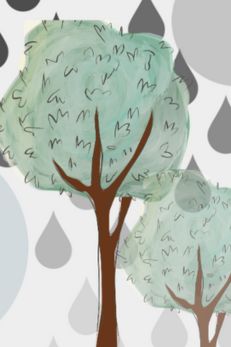
In this lesson from SubjectToClimate, students explore the water cycle, examining climate change's effects on it. They reflect on their water usage, watch a demonstration on climate impacts on the water cycle, interact with a diagram, view a video and answer journal questions to deepen understanding.
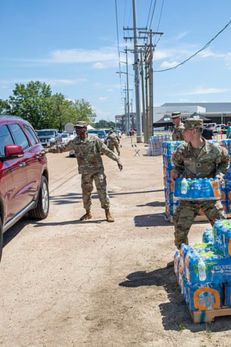
Environmental racism and its effects on water quality in communities of color is an ongoing, severe and often silent issue that is related to a pervasive history of community disinvestment, residential segregation and discrimination. The ongoing water contamination crisis in Jackson, Miss., a city with an 82 percent Black population, continues to make headlines after the city told residents not to drink the water, and even to keep their mouths closed when showering. This lesson from Andy Kratochvil examines the crisis, watershed and pollutants, and political divisions caused by water supplies.
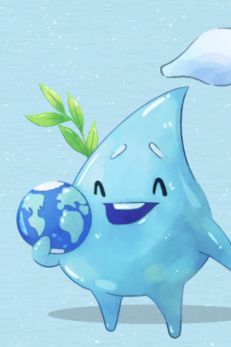
In this lesson from SubjectToClimate, students dive into water conservation's significance, especially amid climate changes. They'll craft a timeline showcasing Native Hawaiian sustainable water practices and spearhead a community law focused on water preservation. Through understanding their water sources, assessing personal water footprints and exploring historical conservation efforts, students are guided to design and advocate for innovative water conservation policies.
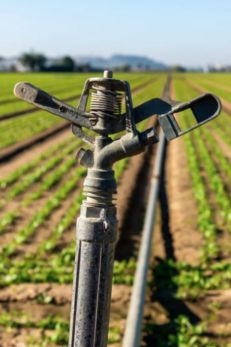
In this "Today’s News, Tomorrow’s Lesson" from Andy Kratochvil, students delve into the critical issue of groundwater depletion, examining topics such as aquifer functions, the effects on agriculture, water management by authorities, climate change's impact on coastal water security, and the challenges faced by a sinking valley.
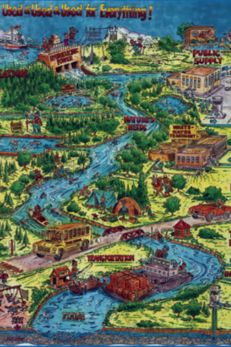
In this lesson from SubjectToClimate, students will explore the concept of watersheds and their significance, including human influences and conservation strategies. They'll reflect on their personal water use and the vital role local watersheds serve in their community. Through two interactive activities, students gain a hands-on understanding of watershed dynamics and human impacts. Finally, they'll creatively express the value of watershed health through poetry or stories and engage with their watershed council, emphasizing community involvement in environmental stewardship.
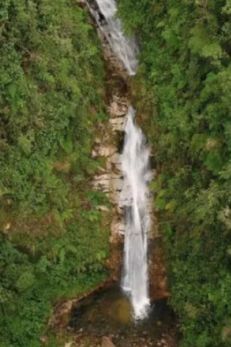
Colombia, known for its size and unmatched biological diversity, is the world's second-most biodiverse country, with over 300 ecosystems, including the unique páramo near Bogotá. During the virtual field trip, students learn about the importance of conserving water resources, exploring how natural systems contribute to water storage and purification, essential for supplying the city downstream. Through learning about these natural water processes and local conservation efforts, this lesson from the Nature Conservancy helps students gain a deeper appreciation of water as a vital resource and the actions needed to protect it in their own communities.
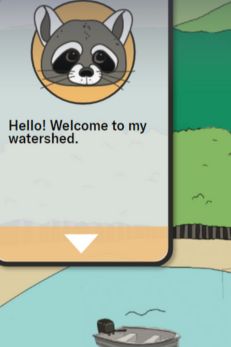
No matter our distance from water, we're part of a watershed. Use this engaging lesson from the Ocean School to explore how plastics find their way into these vital water systems and to grasp the significance of tackling plastic pollution. Engage in a hands-on challenge to link various plastics to their origins. Students will harness mapping skills to pinpoint their watershed and identify local plastic pollution sources, symbolizing their findings. The activity concludes with a critical discussion on the journey of plastics into waterways, fostering a deeper environmental consciousness.
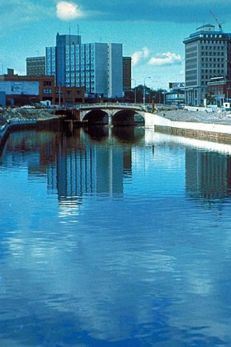
In this lesson from Rock and Roll Forever Foundation/TeachRock, students listen to Flint, Mich.-based rapper Jon Connor’s song “Fresh Water for Flint” to better understand the sense of frustration and injustice people living in the city felt during the water crisis. Students then experiment with creating their own water filtration system to better understand the scientific and engineering principles behind water treatment. Last, they consider the biological effects of lead poisoning and determine specific, political, economic and scientific causes behind the Flint water crisis.
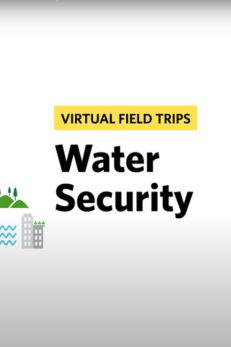
This guide from the Nature Conservancy outlines the "Gray, Green, Blue: Water Security and YOU!" series, detailing four lessons with background info, essential questions, standards, objectives, vocabulary, materials and more. It equips students to discuss the importance of securing water for growing cities, identify sustainable water security solutions, explore the use of water funds for source protection, and understand the individual's role in enhancing water security.
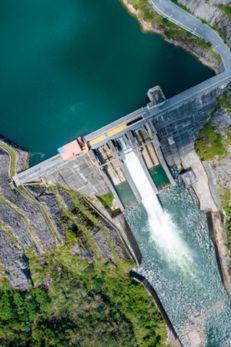
In this lesson from the Global Oneness Project, students view photographs documenting the Flint, Mich., water crisis and explore the themes of environmental justice and the consequences of corruption. Residents of Flint have been facing a water crisis since 2014, caused by poor decision-making by the state government regarding the source and treatment of Flint's drinking water. The crisis calls into question citizens' rights to clean water and how our natural resources are allocated across racial and income lines.
Explore more resources for educators to find a wide-range of relevant preK-12 lessons on climate change or supporting young people as they continue to lead the conversation around the climate change crisis.
.gif)
Andy Kratochvil is an SML team member who loves hiking, video games, scary books, Mexican food, and finding great content for the Share My Lesson community.He studied political science and French at California State University, Fullerton and received his Master’s in International Affairs from Americ